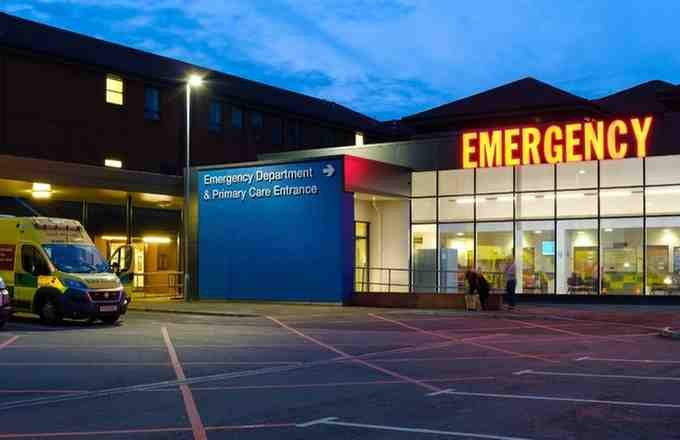A recent surge in flu cases has put immense pressure on UK hospitals, with over 5,000 patients hospitalized with the virus at the end of last week. This marks a quadrupling of flu cases in just a month, with 1,190 patients hospitalized on November 29.
According to the latest NHS data, the average number of patients with flu in hospital each day last week was 4,469, almost 3.5 times higher than the same week last year. The number of patients in critical care with flu also rose to 211 per day.
The situation is further complicated by the presence of other viruses, including norovirus and RSV. An average of 723 patients with norovirus were in hospital in the week ending December 22, while 74 children with RSV were hospitalized each day last week.
Covid-19 also remains a concern, with an average of 1,184 beds occupied by patients with the virus. The NHS has taken steps to manage the extra demand, including opening additional beds and providing more care in the community.
However, the situation is expected to worsen in the coming days, with temperatures set to drop below freezing. The UK Health Security Agency (UKHSA) has issued amber cold health alerts for England, warning of the dangers of cold weather for vulnerable individuals.
NHS national clinical director for urgent and emergency care, Professor Julian Redhead, expressed concern over the rising number of flu cases. “These latest figures show the pressure from flu was nowhere near letting up before we headed into the New Year,” he said.
Redhead emphasized the importance of using NHS 111 and 111 online for advice and support, and only visiting A&E in life-threatening emergencies. He also urged vulnerable individuals to take precautions against the cold weather.
Secretary of State for Health, Wes Streeting, acknowledged the challenges facing the NHS. “The tidal wave of flu this winter has seen more than three times as many patients in hospital compared with last year, putting huge pressures on the NHS,” he said.
Streeting highlighted the government’s efforts to address the crisis, including investing in the NHS and introducing the new RSV vaccine. However, he also acknowledged the need for long-term reform, stating that “there is no solution to the crisis in the NHS that doesn’t involve a solution to the social care crisis.”








